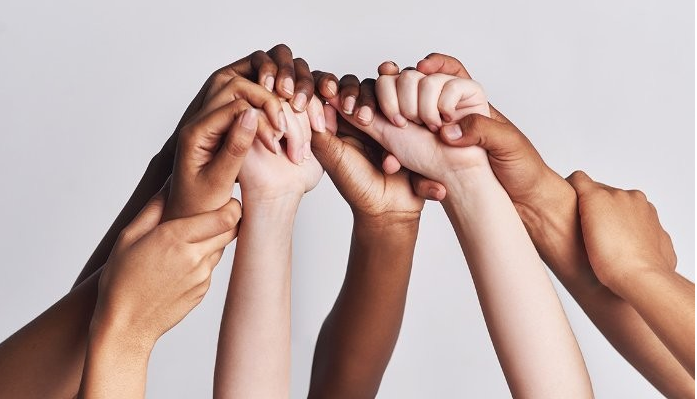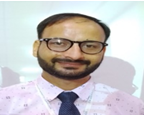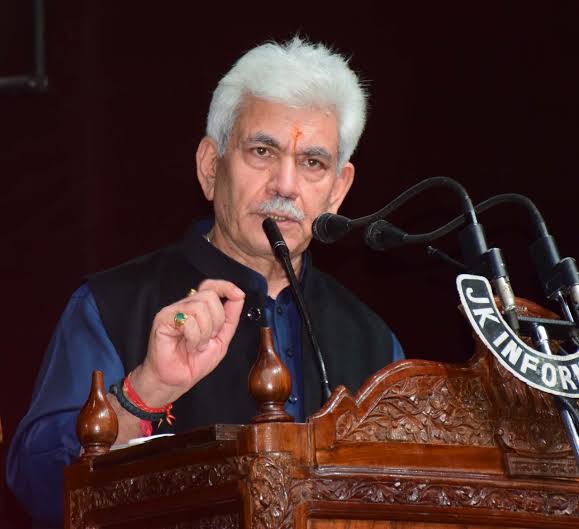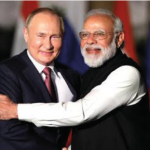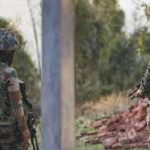During World War II, the Nazis killed 33,771 Jewish people in 1942. It is chilling what man can do to his fellow beings. And during the 1994 Rwanda genocide, the Hutus massacred 800,000 Tutsis in 100 days; long is the list of the incidents when mankind has relished the bloodbath of the fellow beings. Yet, for the occasions of mayhem, no end is in sight. What my piece is attempting here is to attract attention to the severe polarization and extreme hatred being fueled in the world.
That the world is witnessing growing intolerance, hate and racism is a shocking revelation from the United Nations. “Around the world, we see a groundswell of xenophobia, racism and intolerance, violent misogyny, anti-Semitism and anti-Muslim hatred,” UN Secretary-General Antonio Guterres said recently in connection of a UN campaign — ‘UNiting Against Hate’.
Mr Guterres’ speech noted that in both liberal democracies and authoritarian regimes, “some political leaders are bringing the hate-fueled ideas and language of these groups into the mainstream, normalizing them.” Notably normalizing violence in the name of religion is the most formidable challenge against humanity across the globe today — a worrisome scenario.
Rasmus Paludan —a political activist who burned the holy Quran in Denmark and who holds both Danish and Swedish citizenship — began his hate campaign by staging a Quran-burning protest in Sweden on January 21. He repeated the stunt on Friday in front of a mosque and the Turkish embassy in Copenhagen as he threatened to continue every Friday until Sweden is taken into Nato.
Similarly, a reported suicide bomb attack in Pakistan’s Peshawar mosque on January 30— in which more than 90 persons, nay humans, have lost their lives — is shocking. Whatever be the political rationale behind this tragedy in Pakistan’s context, it can be seen through the lens of intolerance and hatred as well. In other words, a tolerant approach relies on secular, liberal and democratic values. Adopting no such approach by the executors of the attack is a big reason to worry— for Pakistan and its future.
All the aforesaid incidents, including the murderous attack on humans in New Zealand and Sri Lanka in 2019, point to the mounting incidences of intolerance and hatred spreading their tentacles across the globe. During the Friday prayers in New Zealand in March 2019, 50 people were killed by a lone gunman. And in April 2019, Easter Sunday, three churches in Sri Lanka and three luxury hotels in the commercial capital, Colombo, were targeted in a series of suicide bombings. A total of 269 people were killed.
It is safe to say that the growing cases of murderous incidents indicate that intolerance, hate and violence are rapidly spreading to all parts of the world — no particular religion or state has this dubious distinction of witnessing such anti-human onslaughts. That some political leaders, as the UN secretary general has stated, are fuelling the crisis is food for thought; the core problem lies in the social and political institutions of a state.
It is a dark secret that the political leaders, in particular in the developing countries, assume a predator role once in power. They loot and plunder the nation’s resources, holding a notion that they just need to work for the benefit of a particular section of people to stay in power, leaving poor people to fend for themselves.
The power hungry political leaders in their nexus with the beauracratic establishment end up as an elite class at the expense of the needs of the masses. Never ever has the elite shown interest in working for the upliftment of the poor or for representing them.
Not represented in a political set up, a particular class remains backward in education, economic growth, political consciousness, science & technology. This exclusion, most importantly, creates the feelings of alienation and the loss of trust in governance— the scenario which breeds the bigger issues and challenges in society.
Having said that, it is in place to mention that poor governance exacerbates the dismal situation in a state where all sections are not politically represented. Poverty, hunger, unemployment, unsafe drinking water, badly managed healthcare, unchecked corruption— all make society crime ridden, unmanageable and unlivable. To address these issues, no external help is workable. It is only the internal reforms that can steer that society out of the morass and prevent its eventual collapse.
Pertinently, the Bharat Jodo Yatra (literally Unite India March) by Rahul Gandhi, the senior leader of India’s largest political party Indian National Congress / INC, could be seen as an important step against polarization despite the yatra’s imperfections and immediate political goals. The very name of the foot march (Bharat Jodo/ Unite India) across India — which lasted for more than four months after it began in last September — signals that India is purportedly polarized. Agreed that it is not easy for the INC march to substantiate its claims and gain many takers in or outside India, yet its wider message was to mobilize masses against what the party believes is the prevailing intolerance and hatred in the country.
How successful the now concluded INC march has been is a matter of opinion. But it’s one slogan: ‘Nafrat Chhodo, Bharat Jodo’ (quit hate, unite the country) brings it close to the gates of the “UNinting Against Hate”, a campaign by the UN. However, the INC like march in India is unlikely to be seen globally as a suitable and required path towards fighting the challenges of intolerance, racism and hate the world is facing: simply marching against these evils, ostensibly aimed at eradicating them, can boomerang and potentially split society further along ideological and political lines— something which the UN cannot afford to see unfolding under its watch.
The lasting solution lies in an inclusive and good governance which represents all sections of society; internal reforms in all social sectors and institutions existing in a state must be carried out in the larger interest of humanity. The UN needs to ask in earnest its members nations that they must cultivate tolerance, non-discrimination in terms of religion, caste, and work to prevent hatred.
(Sheikh Shabir Kulgami is Author of the novel “The Smiling Stranger”. He is also RK Columnist and a Teacher by profession, Email: [email protected])




